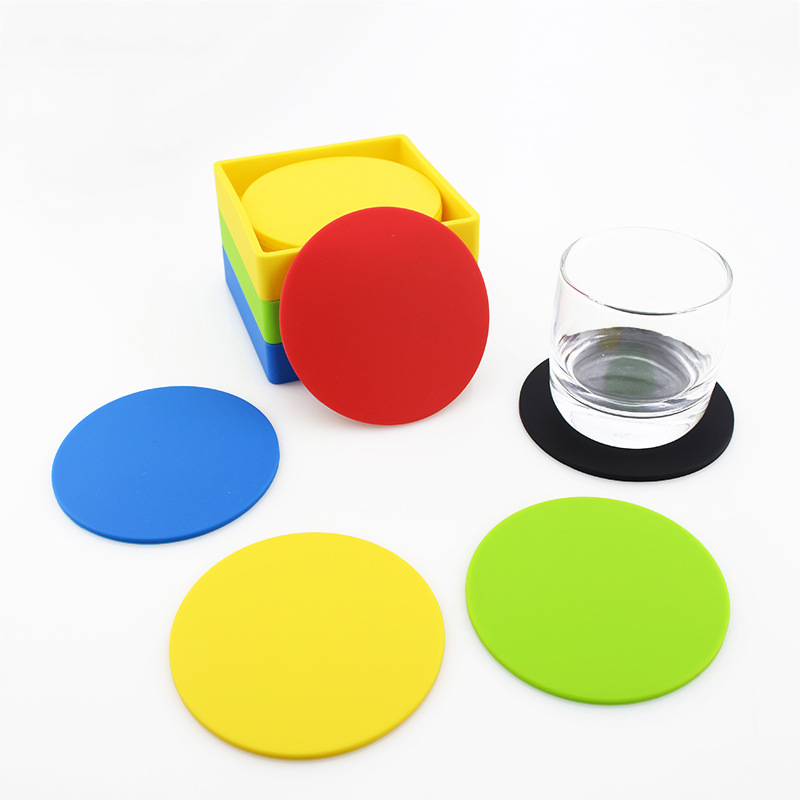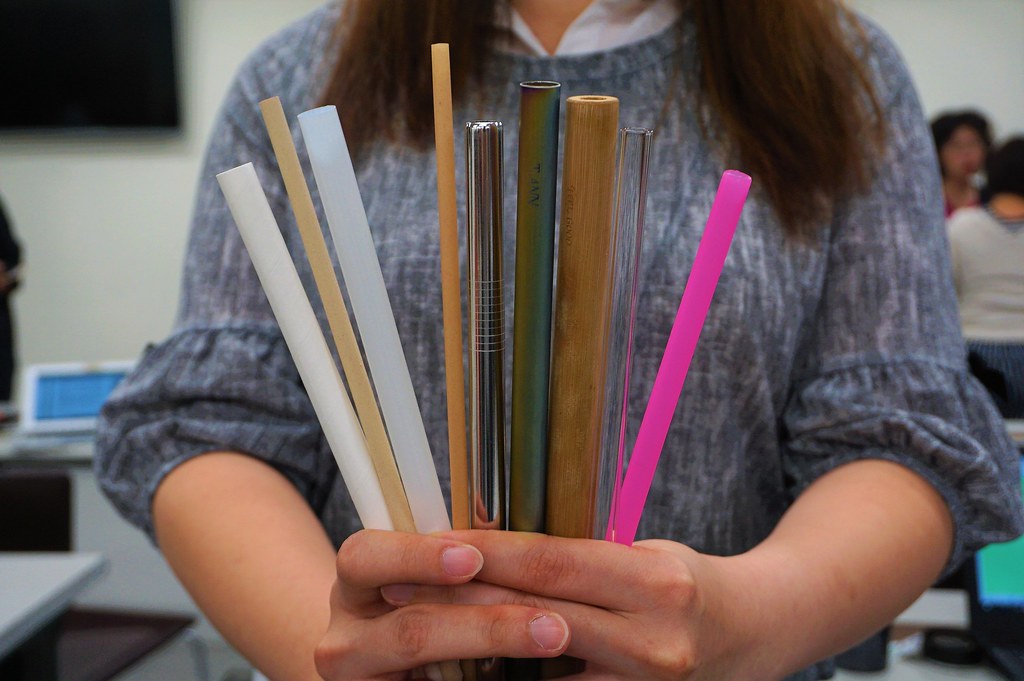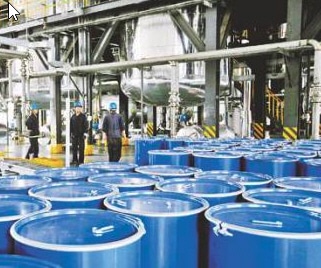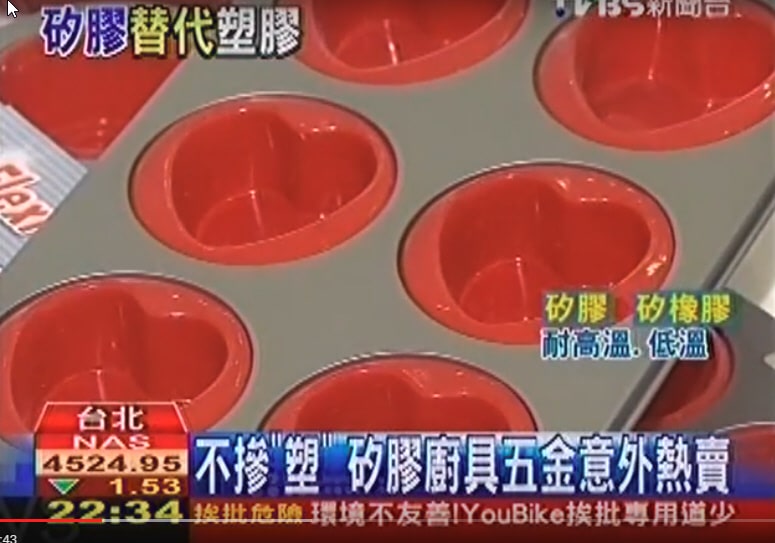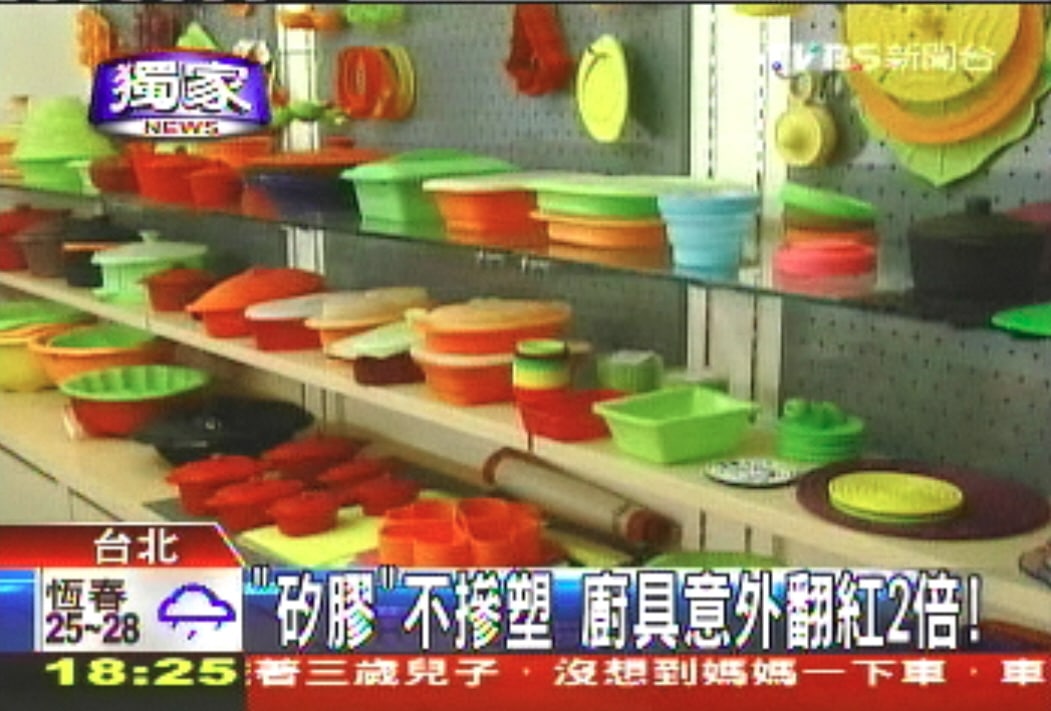The Environmental Protection Agency of the Executive Yuan announced the draft of “Restrictions on the use of single-use plastic straws, implementation methods and implementation dates”.
In view of the international attention paid to the issue of marine plastic pollution in recent years, the Environmental Protection Agency of the Executive Yuan has taken into account the management experience of restricting the use of single-use plastic straws in some cities in the United States and the United Kingdom, and announced the “restricted use of single-use plastic straws, implementation methods and implementation dates.” According to the draft, the restricted targets are not allowed to provide single-use plastic straws for consumers who eat and drink in-house, and the restricted targets are given an appropriate buffer period.
The Environmental Protection Agency of the Executive Yuan explained that considering plastic straws are being discarded in the environment after being used, and being ingested and incorporated into the body by organisms, or decomposed into plastic fragments, adsorbing harmful substances, and through the food chain, the toxins are amplified and accumulated in the body of middle and high-level predators, resulting in more serious ecological and environmental pollution problems. This draft announcement stipulates that the public sectors, public and private schools, department stores and shopping malls, and chain fast-food restaurants, etc., four categories of restricted use targets (about 8,000 businesses) shall not provide single-use plastic straws for consumers who eat and drink inside.
The Environmental Protection Agency of the Executive Yuan stated that the follow-up plan will be expanded to other catering businesses in 2020, and will be studied and analyzed on the control measures for the use of single-use plastic straws for take-out by 2025 at the latest. Therefore, it is called on to the relevant industry as to respond to the announcement as soon as possible and not to provide straws for consumers to use, and the public can also bring their own reusable straws to reduce waste of resources. In addition, regarding the straws attached to the Tetra Pak, after collecting foreign experience and opinions from all walks of life, it will be carefully evaluated whether it will be included in the next stage of control.
Article source::Environmental Protection Agency, Executive Yuan
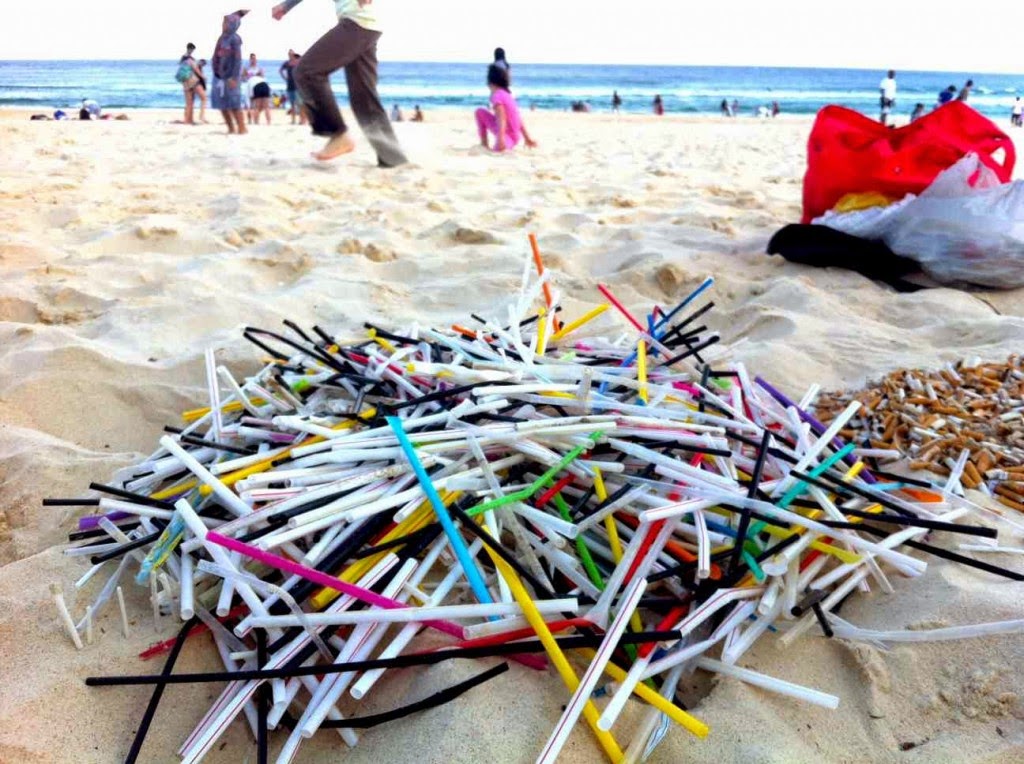
Disposable plastic straws for in-house use
The Environmental Protection Agency officially announced that it will be banned in four major places from July 2019
The scope of application stipulated in the draft includes: the public sectors (including the military welfare supply stations, public schools and public medical institutions), private schools, department stores and shopping malls, and chain fast-food restaurants.
If violating the regulations, it can be fined according to Article 51, Paragraph 3 of the Waste Disposal Act. However, the draft pointed out that before June 30, 2021, it is an initial promotion stage, and first-time offenders will be persuaded without penalty.
However, single-use straws that are not prohibited by this announcement include:
- Those who have been identified as complying with the environmental protection label specification standard item “biodegradable plastic”, and have obtained the environmental protection label use certificate.
- Using paper or wood chips, sugar cane, reed, hemp, straw, straw, rice husk and other plant fibers as the main body, coated with plastic, pasted with plastic film or other straws that can physically separate the plastic components, and content of plastic components is less than 10% by weight.
- Commodities with straws already shipped from the factory and displayed publicly for purchase.
The second item is a composite material, which requires additional processing and separation. It may become a plastic pollutant that is freely distributed in the environment together with disposable plastic straws, but it is not included in the control list, which may cause controversy.
In addition, according to the “Marine Waste Management Action Plan”, the Environmental Protection Agency will fully restrict the use of disposable plastic straws by 2025 at the latest, and completely ban disposable plastic straws by 2030. The industry should respond as soon as possible; the public can also prepare their own reusable straws made of bamboo, glass, stainless steel and other materials, and develop the habit of not using disposable straws as soon as possible.
Article source:Environmental Information Center
Three-stage implementation of plastic restriction and plastic ban
Plastic bags, straws and take-out cups are among the top in the statistics of marine waste. It is hope that paper tableware, disposable chopsticks and shopping plastic bags can be gradually banned to create a plastic-free island and make this plastic-free country more beautiful. Thus, the Environmental Protection Agency of the Executive Yuan has clarified the control of plastic restriction and plastic ban in three stages.
In terms of shopping plastic bags, in addition to the 14 categories of businesses that have already expanded the implementation of plastic restrictions, the scope of restrictions will be expanded to all stores that issue invoices from 2020, including plastic straws, take-away cups and disposable tableware and other items. It is not allowed to be used for in-house use. The second stage of control is in 2025, which the scope is extended to all business operators. It is not allowed to provide it for free. It needs to be paid for, and the price may be higher than it is now as to achieve the effect of price-based quantity. The third stage of control is in 2030, and the use of plastic products is completely banned. For this reason, starting from 2019, the ban on plastic and disposable tableware will be implemented initially for chain and fast-food restaurants and other catering businesses with a certain scale, and then comprehensive control will be gradually implemented.
Source: Environmental Protection Agency
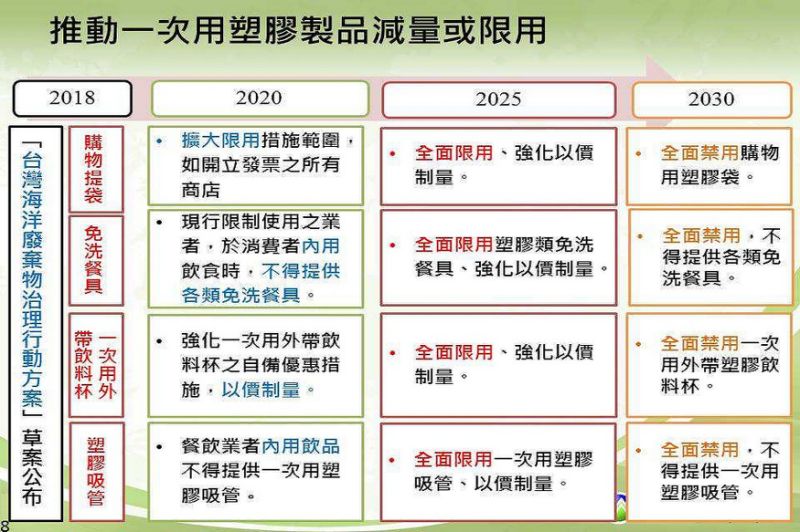
A new choice after banning plastic straws – Silicone Straws
If we don’t want to use plastic straws, what other options do we have? In a wave of reflection, a small life revolution about straws is quietly starting.
。
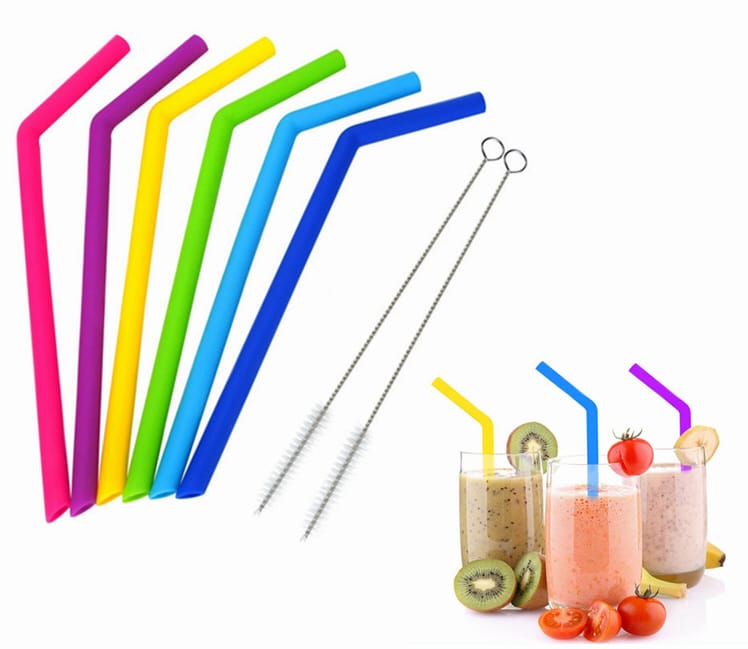
Advantages of silicone straws
Silicone straws: reusable, soft and safe, light weight, transparent so it’s easy to tell if it’s dirty and needs to clean.
Stainless Steel Straws: Reusable, dangerously hard, heavy, can’t tell if it’s dirty and where it needs to be cleaned.
Glass straws: reusable, hard and fragile, medium weight, transparent so it’s easy to tell if it’s dirty and needs to clean.
Features of silicone material
Silicone is made of natural sand, quartz and rock. Through natural substances such as oxygen, carbon and hydrogen, silicon is converted into silicone.
Because the material is taken from nature, it will not react chemically with acid and alkali, or produce harmful substances.
Silicone straws are free of BPA (bisphenol A), phenolic methane, lead, and polyvinyl chloride!
Food grade silicone is widely used on baby pacifiers.
Because of the chemical inertness of edible silicone, it does not react with any liquid and temperature.
Repeated usage can reduce plastic waste and does not compromise the quality of life!
![]()

